Last Updated: 2 months ago
So, you are thinking about adopting a new cat into your family.
While this is a big step, it is a decision that should be given careful thought.
Before you rush out and adopt the first cute kitty you see, take a moment to read over a few of the most common mistakes that new cat owners make.
Hopefully, you can learn from them and avoid them with your kitty!
Most Common Mistakes New Cat Owners Make
Getting a cat for the first time is an exciting adventure.
If YouTube has taught us anything, it’s that cats are some of the cutest creatures in the world. That goes double for kittens.
Cats and kittens tend to get into all kinds of hilarious shenanigans, and they look adorable while doing it.
You definitely won’t regret adopting a cat or kitten, but you might regret some of the mistakes you could potentially make along the way.
To ensure that your new, kitty-filled life is a great one, we have a list of the most common mistakes new cat owners make
Avoid these, and both you and your kitty will be happy campers.
1. Choosing a cat because they are cute
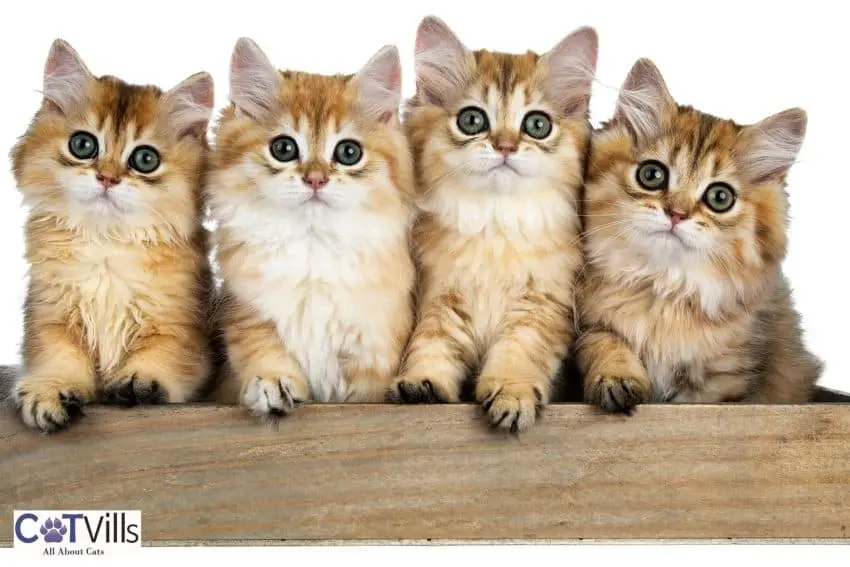
Choosing a cat based on adorableness alone is a huge mistake.
You need to also consider a cat’s temperament and choose one that closely resembles yours.
For instance, if you don’t have a lot of time to devote to keeping up with your cat’s fur, you want to choose a cat breed that doesn’t require a ton of grooming, like an American Shorthair, Burmese, or Siamese instead of one that needs lots of grooming like a Burman, Russian Blue or Scottish Fold.
2. Overfeeding Your Cat
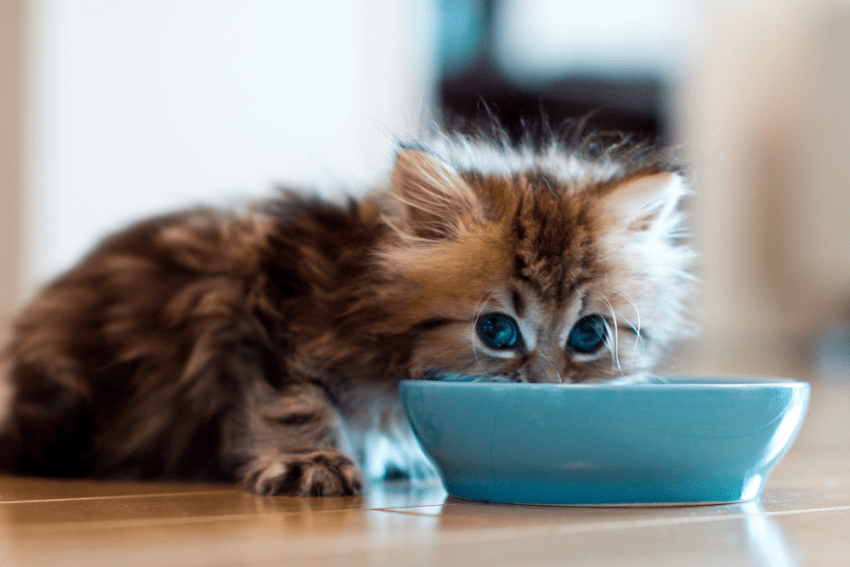
Cats seem to be constantly hungry, and they will annoy you in order for them to be fed.
However, feline obesity is a problem that continues to grow. The Association for Pet Obesity Prevention states that in 2016, there were 50.5 million cats in the U.S. that were considered overweight.
Cats that are obese can develop conditions like heart disease and diabetes.
3. Leaving Their Food Out
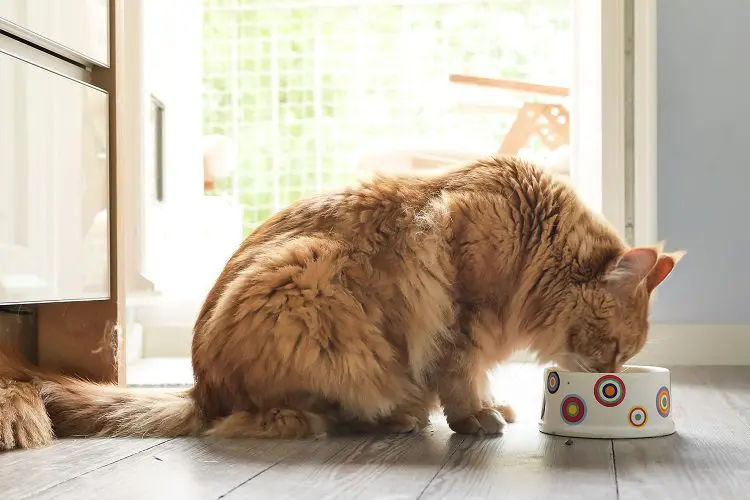
You don’t have to actively give your cat excess treats or food to overfeed her.
Leaving a big bowl of food out for your cat all day can do the trick just as well.
Cats need to be fed on a schedule, just like dogs, so that they can’t overeat.
4. Only Giving Dry Food
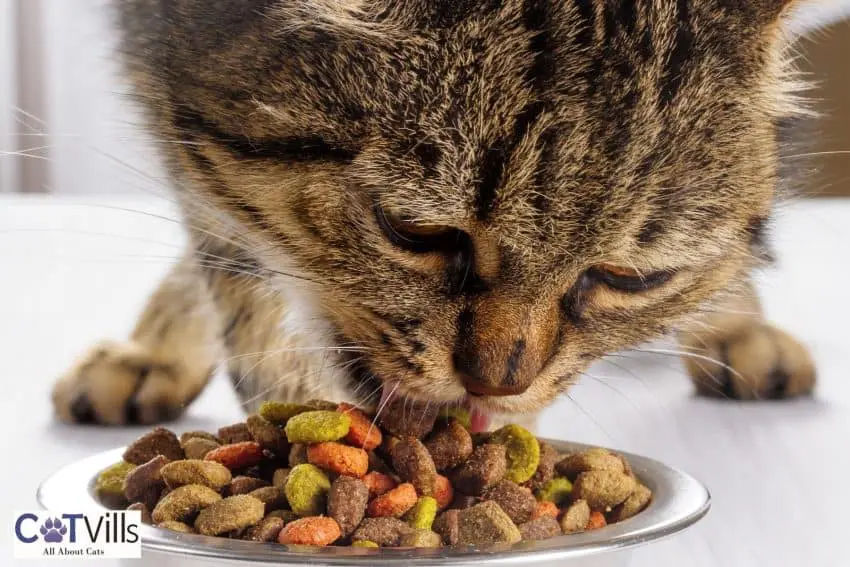
A common saying in the veterinary world is that cats outlast their kidneys. Cats eat a high-protein diet, and they usually aren’t big drinkers.
Over time, that can wear on a cat’s kidneys. An easy way to get more fluid into your cat is to feed her wet food.
The majority of your cat’s calories should come from wet food, with dry food used as a spice.
Using wet food as the primary food helps kidney function in all cats and reduces the likelihood of urinary obstruction in male cats.
5. High-Carb Food
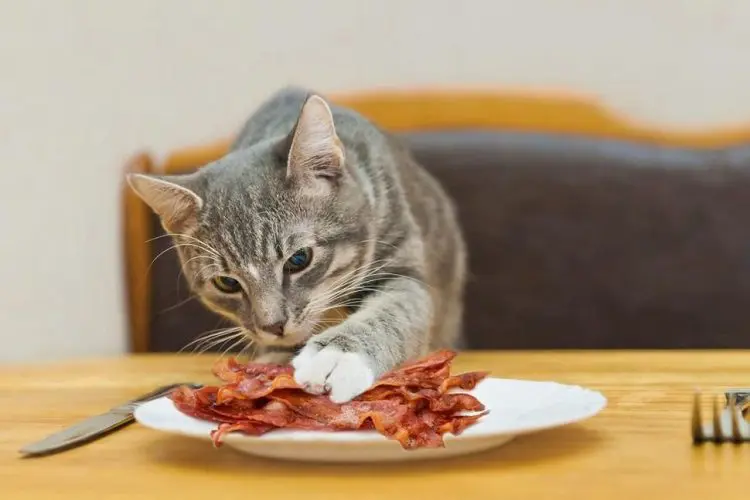
Cats are consummate carnivores. As such, they need a high-protein diet with relatively few carbohydrates.
A cat’s body is not designed to process an abundance of carbohydrates, and a high-carb diet leads to obesity as well as inadequate nutrition.
6. Making Meals at Home
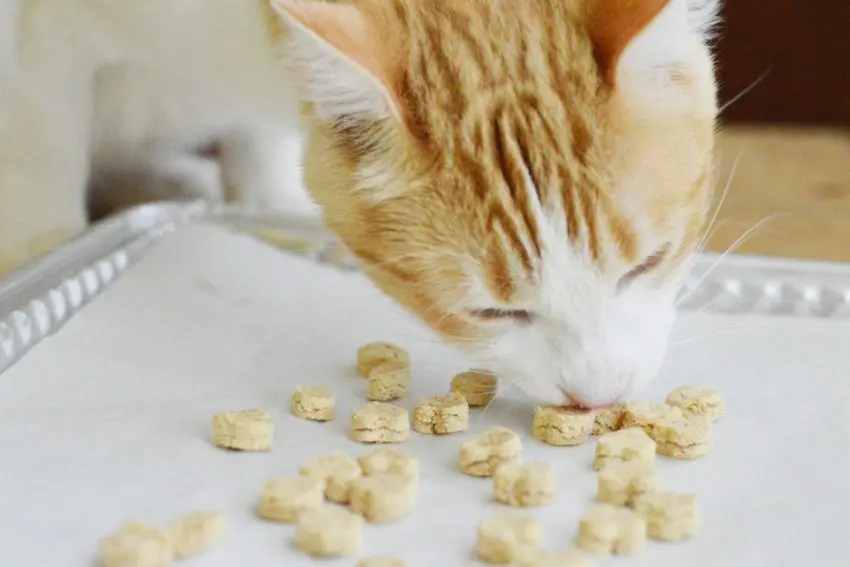
While it sounds great to make your cat her own food, chances are she won’t get all the nutrients that she needs from homemade food.
Most high-quality cat foods on the market these days have nutritional profiles that are the result of years and years of research into the dietary needs of cats. It’s better to simply buy high-quality cat food that is high in protein and low in carbs.
7. Not Changing the Litter Box Regularly
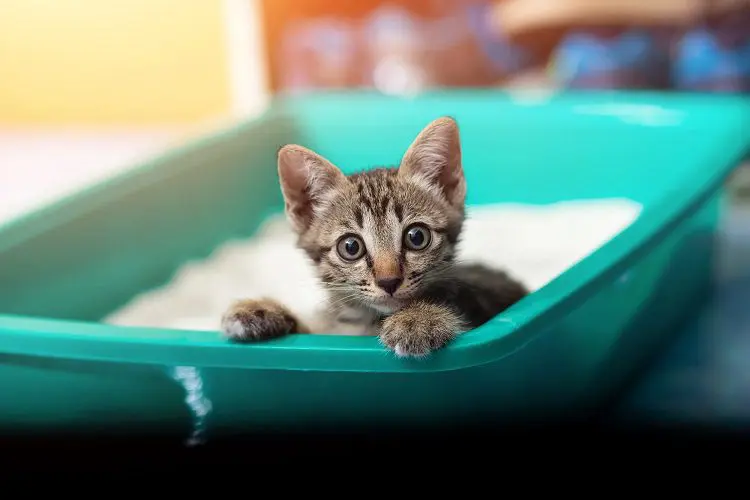
No one likes changing a cat’s litter box, but it is one of the most important elements of being a cat owner. Cats are very clean animals, so it is important to clean out their box daily.
If you miss a day here and there (things happen), life will probably go on. Miss too many days in a row, and your cat might just decide to find a “better” place to go.
Trust me, it won’t be a better place for you! Nothing beats the smell of soaked-in cat urine!
8. Not Having Your Cat Spayed or Neutered
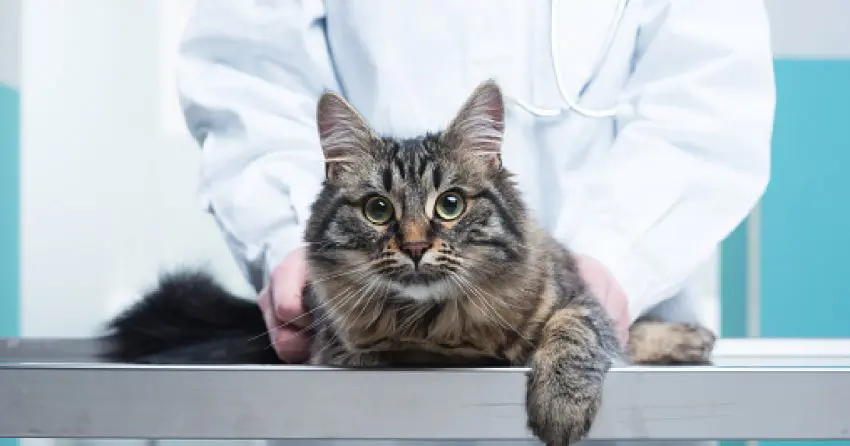
Have you ever heard of kitten season? Kitten season starts in the latter part of spring and heads into summer and early fall.
It is the time of year that cats give birth to their kittens, leading to animal shelters and rescue groups being bombarded with abandoned kittens.
Aside from preventing extra kittens in the world, spaying or neutering your kittens will also help protect them from certain illnesses later in life.
9. Not Taking Your Cat to the Veterinarian
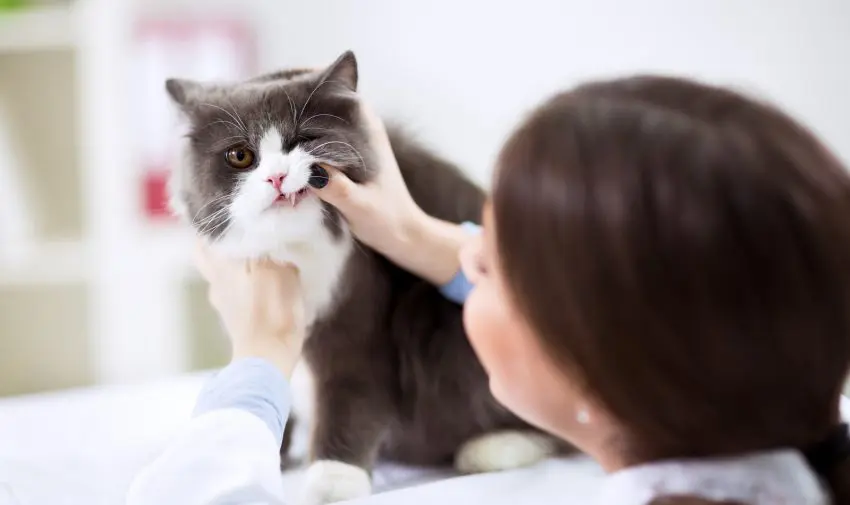
Many new cat owners think that their cat doesn’t need to go to the vet’s office because they are indoor cats or they aren’t sick.
All cats need to have a yearly checkup to ensure they stay healthy. Even if you plan to keep your cat indoors for his entire life, he’ll still need certain vaccines, too.
Regular vet visits also give your vet a baseline that they can reference when you have to bring in your cat if she’s not feeling well.
10. Not Using Flea, Tick, and Heartworm Preventative
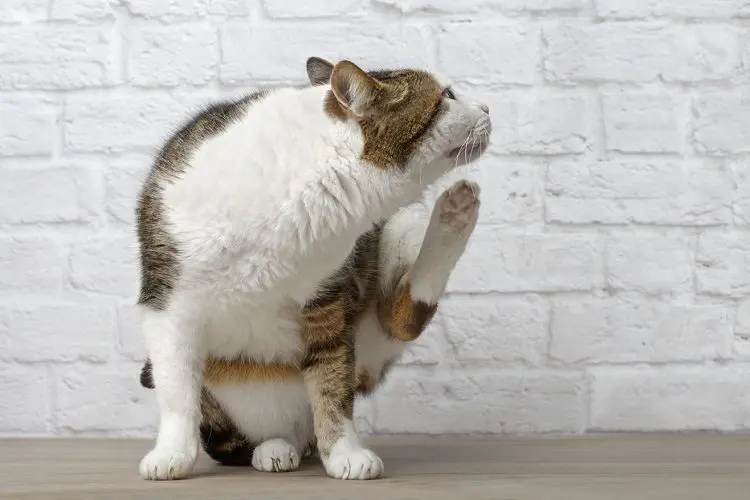
This is a common mistake made by new cat owners if their kitty is going to be an indoor cat.
The presumption is that if the cat is going to be indoors at all times, why should she need these?
The answer is simple. Our homes don’t exist inside a bubble. We go in and out of our doors. We open our windows to let in air, which can let in mosquitoes if our screens aren’t secured.
Sometimes, cats will just zip out the door when you aren’t looking.
For all of these reasons, it’s important to keep your cat on flea, tick, and heartworm preventatives.
Fleas carry worms, and ticks can transmit diseases. Heartworm is a dangerous parasite that will set up shop in your cat’s lungs.
All it takes is one bite from a flea, tick, or mosquito for your cat to become infected.
11. Not Getting Pet Insurance
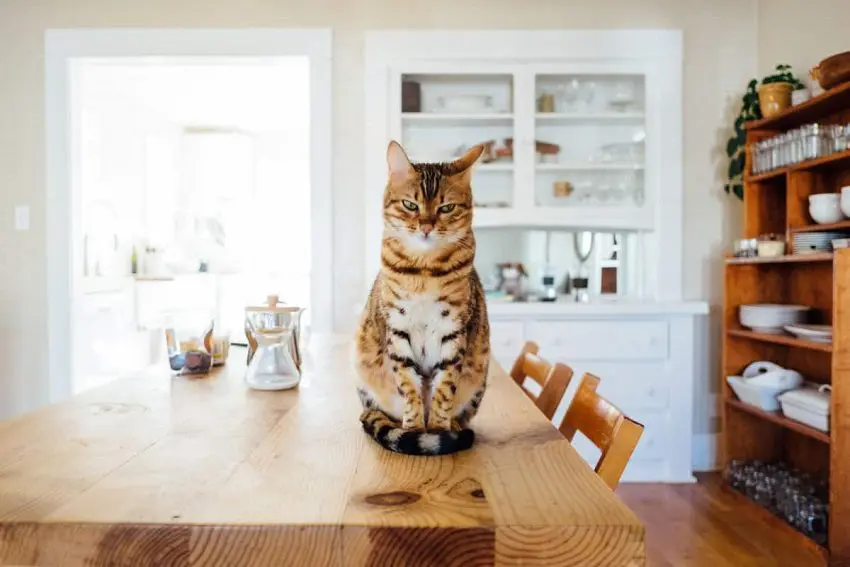
These days, cat insurance is as commonplace as health insurance is for humans.
There’s a reason for that. It can save you money.
Pet insurance is cheapest when purchased while your cat is still young, and it can help cover costs associated with illnesses like diagnostic work, surgery, hospitalization, and the like.
All of these things can add up to hundreds or even thousands of dollars, depending on what’s wrong with your cat. So it’s a huge mistake to not get pet insurance.
Avoid These New Cat Owners Mistakes
You’re going to have a lot of fun with your new kitty. Make sure that fun lasts for years and years by avoiding the mistakes that many new cat owners make.
By feeding your cat the right food in the right amounts, taking proper care of their health, and getting pet insurance to help with unexpected costs, you can help your cat live a long, happy life that you can afford.
These small steps add up to a big difference in the life of your cat.
Resources:
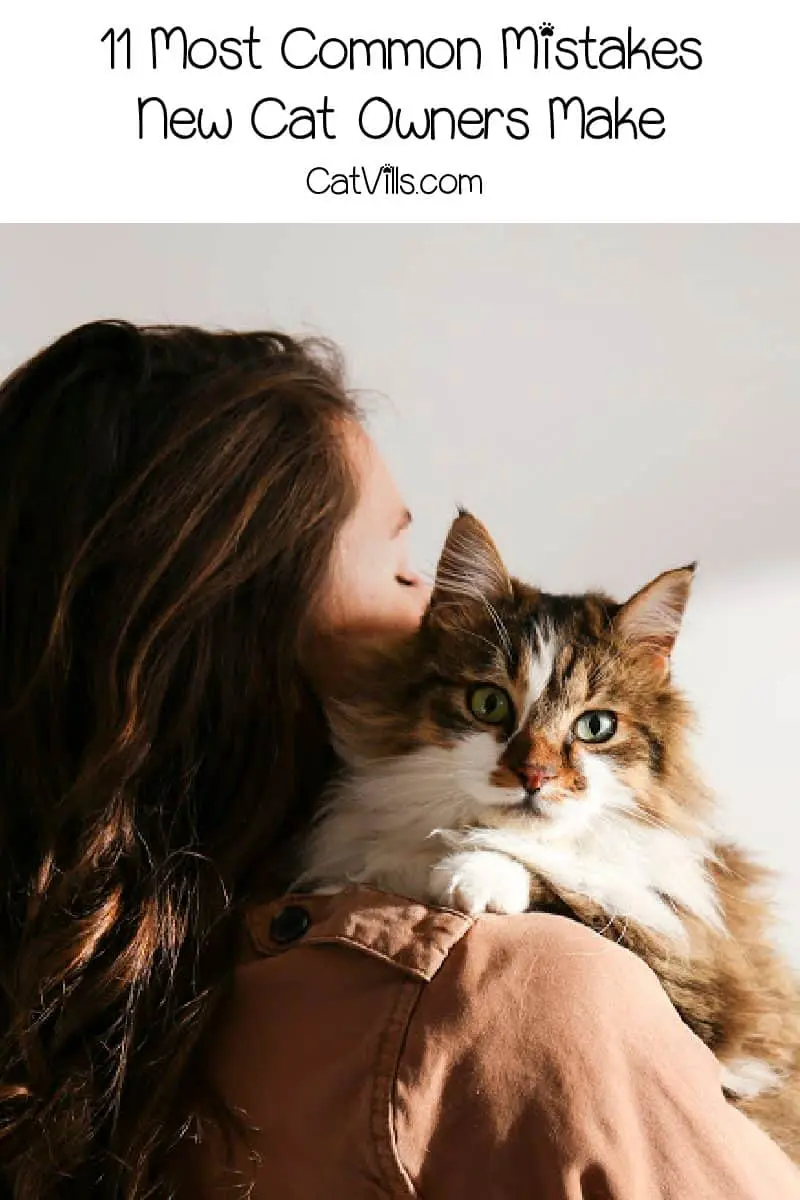


These are great lessons to know to prevent. My biggest mistake was overfeeding my cat. She’s huge and I know it’s not good for her.
This was interesting to read. I have never had a cat, so I learned a lot about what it would be like if I got one.
This was interesting to read, I grew up with cats and my Mum always did these things naturally, but I remember when I got a dog I had no idea what to do, so what seems like common sense to one person, isn’t to another in these cases.
It’s so important to have regular checkups for pets. We haven’t had a cat in years, but we always make sure our dog is up on all his checkups and shots. This is great for new cat owners – and old ones too.
I love this. We have two cats and we used to overfeed them. Oops. Then the vet said to only give them a scoop of food a day. We always pick our pets from a shelter so they are already fixed!
A scoop of food is how much?
Wish I had this list when I first got my cat! Good thing is that we didn’t make these mistakes but that was probably luck!
Great tips for cat owners! I’m a dog owner and I’m guilty of over feeding my dog, she’s back in shape now but we didn’t even realized it until we brought her to the vet.
It is so important to get your cats fixed. There are so many unwanted kitten so out there and you don’t want to add to that.
Ack, that first kitten photo is SO CUTE!
We got a kitten about a year ago and she was unnaturally cute. My daughter picked her out! So of course I checked with the shelter to make sure she was a good fit as is – and not because she was cute! She is! (and she’s still cute as an adult) I follow all these tips. Yay!
Wow! I’ve always wanted to have a kitty but haven’t really gone for it. These tips are truly helpful. Great post!
The great thing about getting a cat from a rescue or shelter is that in most cases they handle the spay or neuter before you cat the animal. A vet checkup annually is a good idea.
Excellent tips for cat owners. Most of the time we only get tips for dog owners. But it’s time to have this kind of pointers for our lovely hairy friends.
This is all great information for cat owners. It really is important to research before you get any pet. Thanks for sharing the information.
This is great for anyone considering to bring a cat into their homes. You have to be financial ready and prepared to take care of the cat for the rest of your life as part of the family.
These are all very important tips – frankly for a lot of animals (well except the litter box). Pets are such a big responsibility and they are definitely part of the family!
Yes I am quilty! I choose our cats of how cute they were! We dont have any cats now but growing up we had two, Baloo and Prince! And both passed away by accident! And yes they were both very cute! I think you made a good list for those people who has no clue about cats but wish to have one!
I learned the hard way that they need their litter boxes cleaned daily! I even clean them twice per day now, morning and night.
My sister in law got a new cat and I am sure she is making a few of these mistakes, need to share this with her
Most of the mistakes that new cat owners made and these tips are so helpful to help them taking care of their pets.
I’m glad that you’re sharing these tips. We might get us a cat in the future.
These are great things to know before getting a new cat. Especially the litter box. I don’t thing people realize how often it needs to be changed. 🙂
These can all seem like common sense, but it is good to have this information when you are new to cat ownership.
These are all great to know. Just like dogs, I think it’s important to read on the cats before taking one in. They’re all different too.
Yes, these are definitely good tips. They will help a lot new owners!
Some cats can be quite fickle. This is a great guide for new cat owners.
I adopted a cat from a humane society and was told he was a biter. First time I have had a TOM cat and he is tough … and still bites even though I spend a lot of time loving him. Do you have any idea WHY he BITES ?
Oscar is the name of my TOM cat. I love him so I will keep him … but it is dangerous to have him bite my legs … also expensive when a bite became infected and had to get antibiotics and doctor visit. Do you think he was a feral cat and
needed to bite for protection? He purrs but will suddently just bite for no apparent reason. There are no children in the house so he has a nice quiet existance and lots of toys and sleeps on my bed as though he is my buddy.